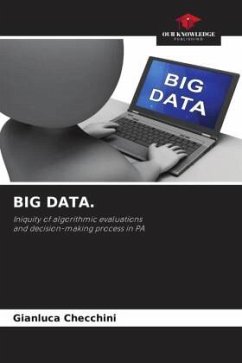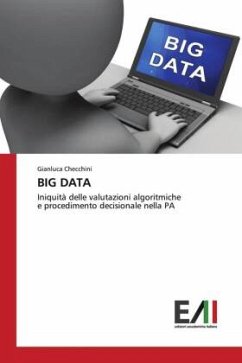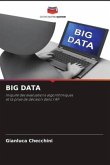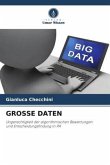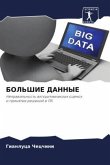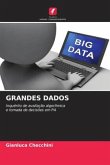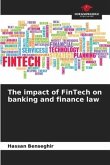In the era of BIG DATA, it appears increasingly evident how an algorithm will condition every choice: it will be an algorithm that will tell us what is "right" and what is "wrong" and, even, the same algorithm will interfere in social relationships, coming to be the ("predictive") tool par excellence in decisions not only private, but also and especially public. Digitization has entered the PA since 2005 and has gradually developed until today it is considered the preferred tool in the management of administrative activity, being unquestionably viewed favorably for the facilitation of sometimes complex and cumbersome and most often repetitive procedures, in which the probability of human error is certainly not negligible. In this context, the Administrative Judge has gradually sought to regulate the use of robotized procedures, drawing up a "decalogue" containing criteria for the use of the algorithm, so that it is legitimate and in accordance with the principles of the legal system, all, however, on the false assumption of "algorithmic neutrality" which, lacking it, can only generate decision-making inequities and motivational incomprehensibility.
Bitte wählen Sie Ihr Anliegen aus.
Rechnungen
Retourenschein anfordern
Bestellstatus
Storno

